Riddle Of 200 Dead Walruses Discovered On The Alaskan Shore
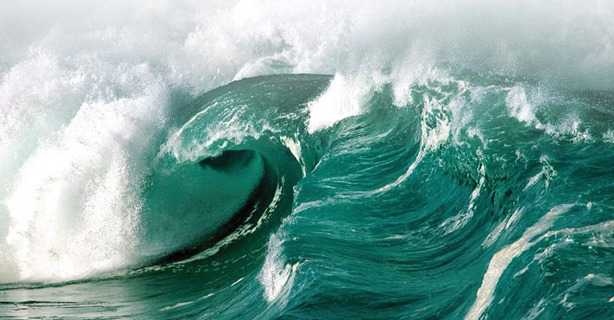
Piled in a macabre group, this is the chilling sight of up to 200 dead walruses spotted on the shore of the Chukchi Sea on Alaska’s north-west coast.
Federal wildlife researchers from the U.S. Geological Survey on their way to a walrus tagging project spotted 100 to 200 of the animals’ carcasses near Icy Cape about 140 miles southwest of Barrow. They report the dead walruses appeared to be mostly new calves or yearlings. However, neither the age of the dead animals nor the cause of death is known, said Bruce Woods, spokesman for the U.S. Fish and Wildlife Service.
‘It’s just too early to say until we can get someone on the ground,’ Woods said.
About 3,500 walruses were reported last week at the Icy Cape haulout site, where walruses rest from feeding forays. Young animals can be crushed in stampedes when a herd is startled by a polar bear, human hunters or even a low-flying aeroplane. This is the second time in three years that walruses have congregated in large numbers on the Alaska shore. Walrus cannot swim indefinitely and historically have used sea ice as a platform for diving in the Bering and Chukchi seas for clams and other food on the ocean floor.
In recent years, however, sea ice has receded far beyond the outer continental shelf, forcing walruses to choose between riding the ice over waters too deep to reach clams or onto shore. Environmental groups calling for measures to slow greenhouse gas emissions say walruses gathering in herds on shore are evidence that global warming is altering the Arctic environment and forcing major changes in wildlife behaviour. The National Snow and Ice Data Center at the University of Colorado announced yesterday that Arctic sea ice for 2009 shrunk to its third lowest level since satellite measurements began in 1979. The record low was set in 2007 and ice last year melted to the second lowest level on record.

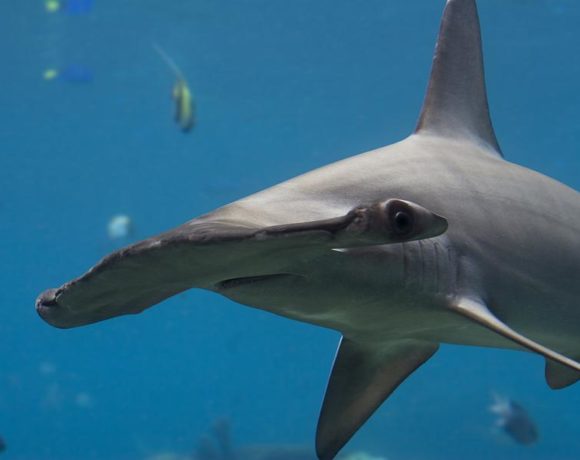
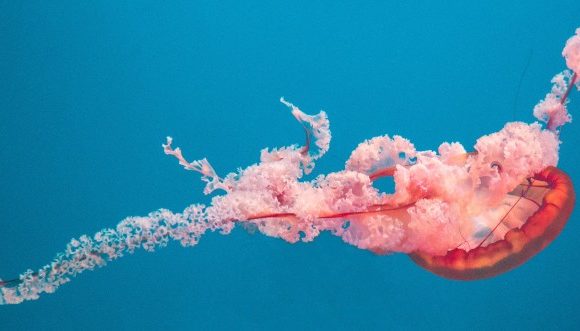
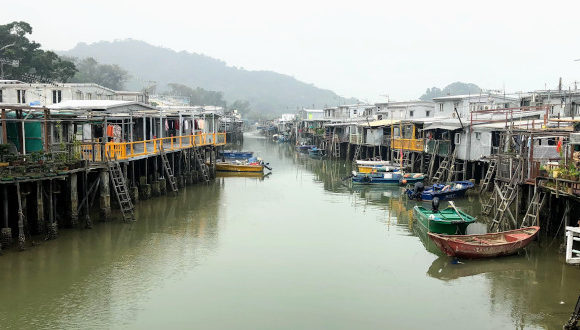


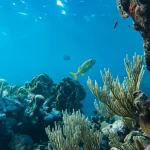





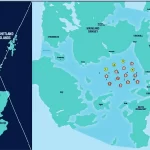
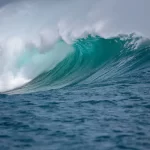

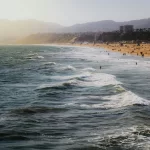
I remember reading about this back in 2009; it’s so sad that those who can do something about it blame this on natural events and do their best to cover what is really happening, how global warming is in fact affecting wildlife. Walruses rest on ice and there’s no ice around them or it’s too thin, and they have to swim further and further until they find a nice spot; this weakens them and makes them easy targets for orcas and polar bears.